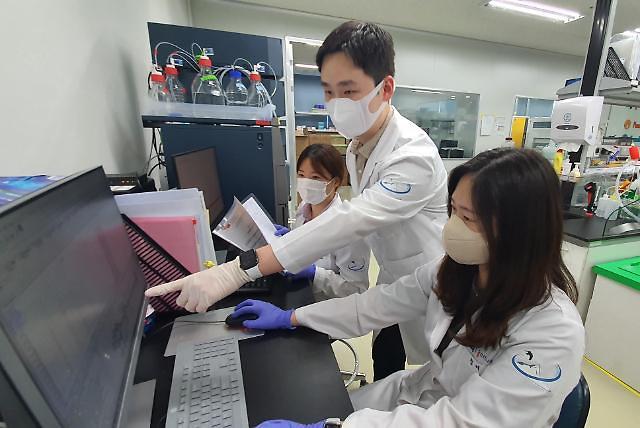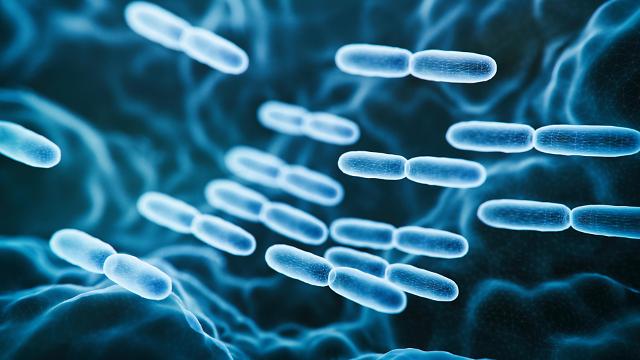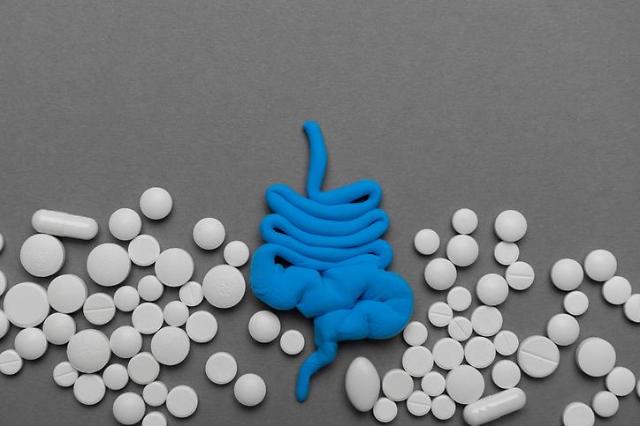
[Courtesy of LG Household & Health Care]
The microbiome is a cluster of all types of microscopic organisms that co-exist with humans such as bacteria, fungi, protozoa and viruses. Humans are colonized by many microorganisms. Some co-exist without harming humans and others have a mutualistic relationship with their human hosts. Non-pathogenic microorganisms can harm human hosts.
Hokkaido, known for volcanoes, natural hot springs and ski resorts, has a clean environment that is good for studying beneficial fermented strains and nutritional plants that are useful for the skin. The region has an excellent research infrastructure, including traditional craftsmen's recipes for fermentation.
At the research center, which has been created as a complex space that combines exhibitions with research facilities, LG Household & Health Care will operate an aging facility that naturally ferments various skin-useful plants collected in Hokkaido and a laboratory that studies changes in microbiomes and separates fermented strains with various skin effects.
The company would develop various microbiome materials in consideration of global customer sensitivity and skin experience while building a platform for producing fermented strains. "We will develop natural fermentation and microbiome cosmetics loved by global customers, including North America, using the microbiome center in Hokkaido, in a clean area of Northeast Asia, as a bridgehead," research center head Han Jong-seob said in a statement on May 13.
In the cosmetics industry, the microbiome specifically refers to a group of microbes known to improve the conditions of internal organs and skin. It has received attention as a material for next-generation skincare cosmetics. In 2019, Cosmax, a cosmetics original development manufacturer in South Korea, used microbiome to develop an anti-aging cosmetics material.
South Korea is nurturing its microbiome industry with full government support to establish an industrial microbiome ecosystem and build a state microbiome big data center. In August 2021, the Ministry of Agriculture, Food and Rural Affairs unveiled a project to build a microbiome resource center in Sunchang some 244 kilometers (152 miles) south of Seoul to create a database of microorganisms.
The database in Sunchang will be shared with various sectors including the medical and food sectors to help enterprises beef up their capabilities. Some 3,500 microbiome samples will be collected from the soil, plants, animal feces, and food by 2023. Collected data will be shared with related industries to help the development of new technologies and products.
Copyright ⓒ Aju Press All rights reserved.





View more comments